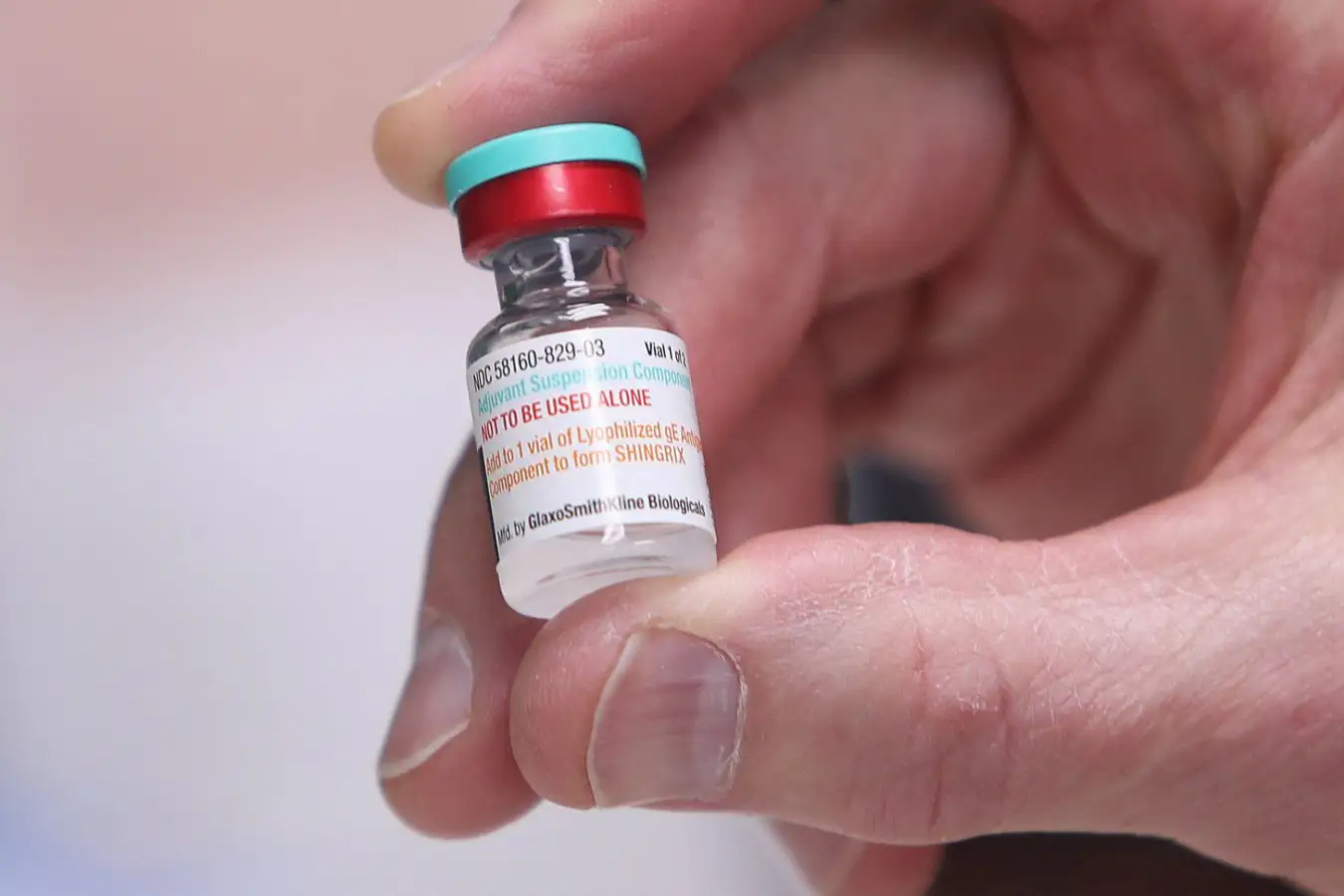Recent research offers new hope in the battle against dementia, revealing that the latest shingles vaccine may delay the onset of this memory-impairing condition. Published in Nature Medicine, the study found that individuals vaccinated with the new shingles shot experienced a delay in dementia diagnosis by an average of 164 days compared to those who received earlier versions of the vaccine.

Research Findings and Expert Reactions
The study’s findings have generated excitement within the medical community. On “CBS Mornings,” Dr. Céline Gounder, CBS News medical contributor and editor-at-large for public health at KFF Health News, highlighted the significance of the results. “The fact that we have a vaccine that’s already approved, already out there, covered by insurance, super easy to get… showing this level of protection is auspicious,” Dr. Gounder stated.
Dr. Sheona Scales, director of research at Alzheimer’s Research UK, echoed this optimism in an expert reaction shared with the study. She emphasized the importance of finding new ways to reduce the risk of dementia, noting that the condition is not an inevitable part of aging but is caused by diseases such as Alzheimer’s. Dr. Scales pointed out the necessity of further research to understand how the vaccine reduces dementia risk, stating, “It will be critical to study this apparent effect further.”
The study authors also called for additional research to unravel the mechanisms behind this association. Understanding how the shingles vaccine contributes to reducing dementia risk could pave the way for more targeted and effective preventative measures.
Who Should Get the Shingles Vaccine?
The CDC recommends that everyone aged 50 and older receive the two-dose shingles vaccine. Given the promising findings of the recent study, questions are emerging about whether vaccinations should start at an even younger age and whether more doses might be required for early starters. Dr. Gounder acknowledged these uncertainties, saying, “I think the real question before us now is, should we be starting to vaccinate even earlier? Will you need more doses if you start vaccinating earlier? We don’t have answers to that yet.”
Additional Steps to Prevent Dementia
Preventing dementia involves many of the same health practices recommended for overall well-being. Dr. Gounder emphasized the importance of controlling blood pressure, maintaining a healthy diet, exercising regularly, managing diabetes, and quitting smoking. She also highlighted a newer risk factor: air pollution from wildfire smoke. To mitigate this risk, she advised minimizing exposure, using indoor air filtration units, and wearing masks during periods of high pollution.

As the medical community continues to explore the potential of the shingles vaccine in delaying dementia, these findings underscore the importance of vaccination and overall health maintenance in reducing the risk of this debilitating condition. Further research will be crucial in confirming the vaccine’s efficacy and determining the best strategies for its implementation in dementia prevention.
